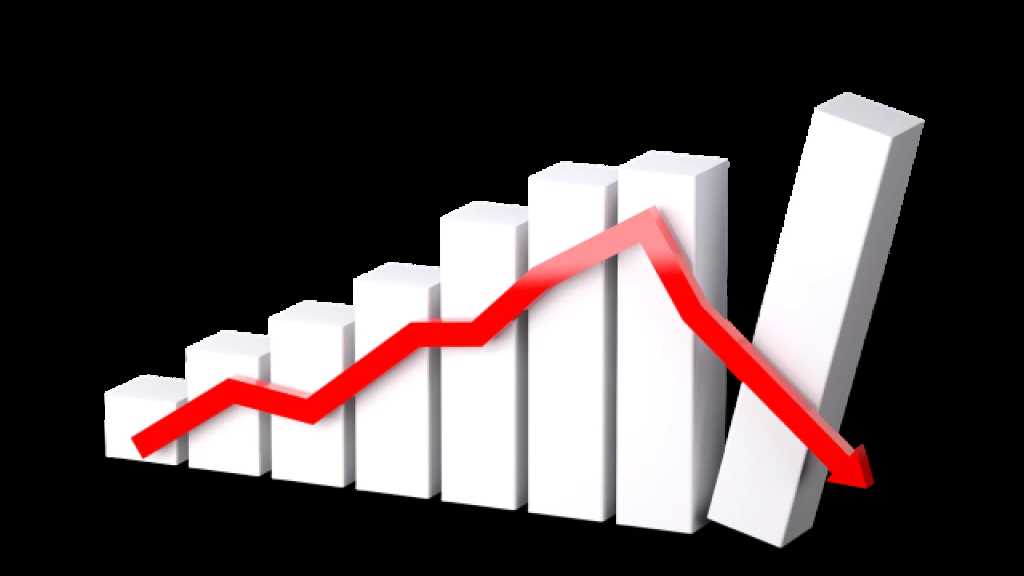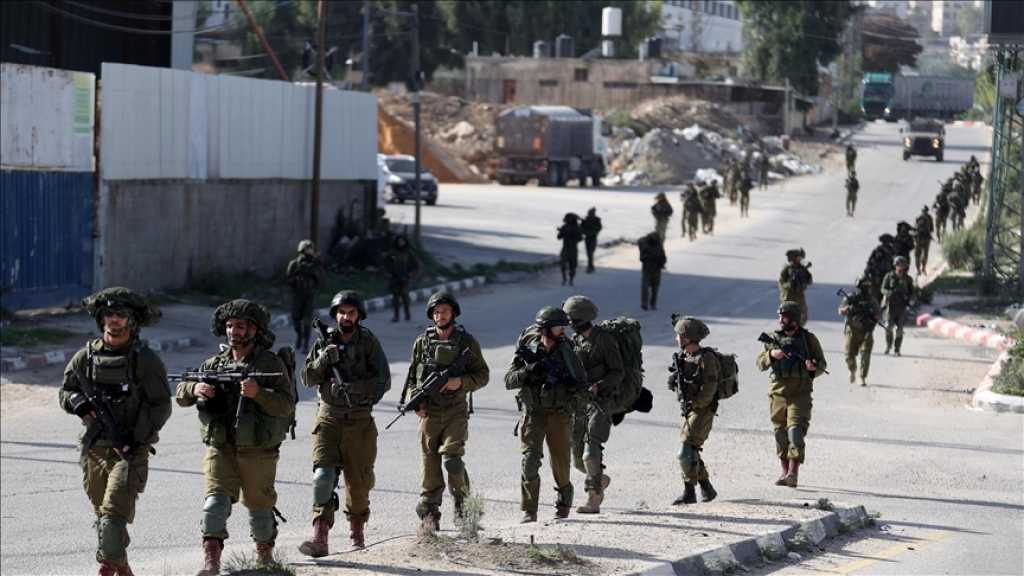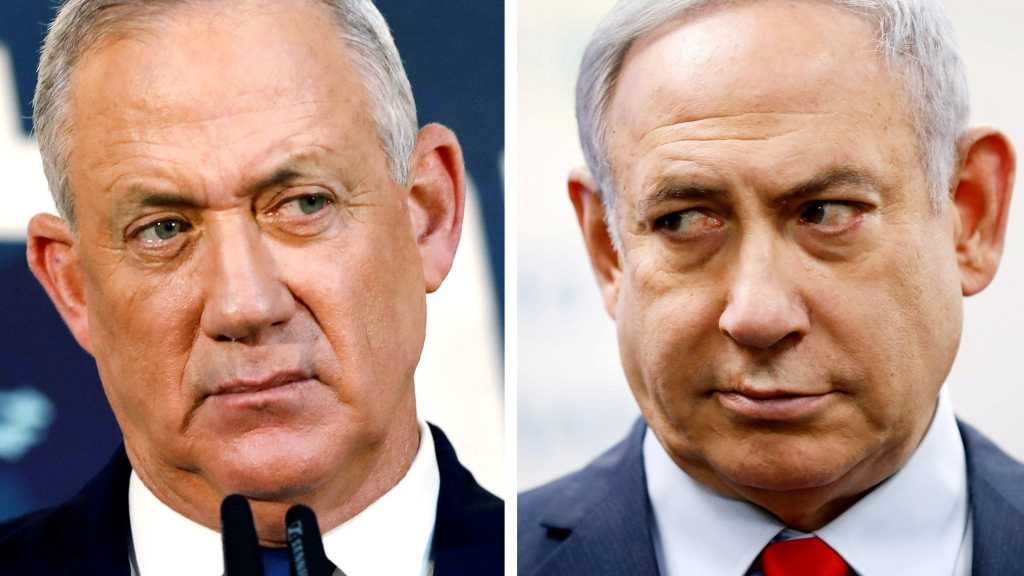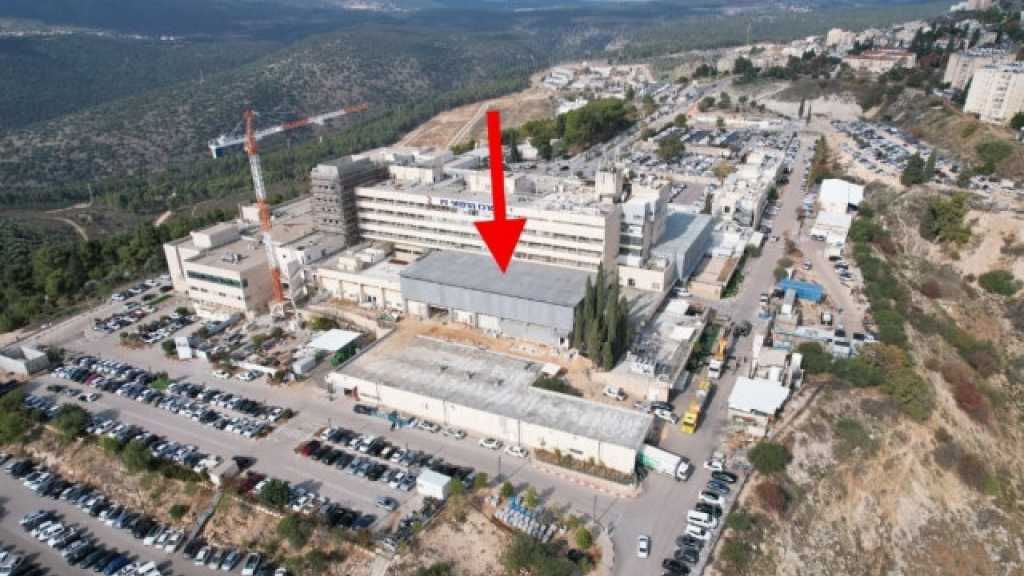
«Israel» Tense As Hezbollah Gains New Strength
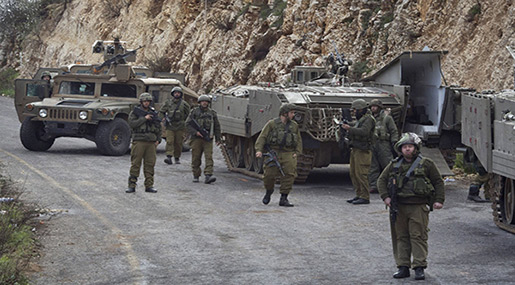
Local Editor
Hezbollah is now playing a much larger role in Syria and Lebanon than monitoring "Israel". The Resistance had just completed the final phase of a successful operation in conjunction with the Lebanese army to finally clear the Syrian border of the Wahhabi Daesh [Arabic acronym for "ISIS" / "ISIL"] militants, cementing Hezbollah's image among many residents as protector of Lebanon.
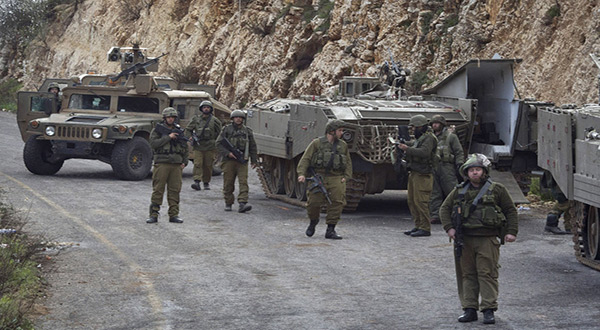
Three years after Daesh appeared on Lebanon's northern border, Hezbollah had emerged from the morass of the Syrian conflict stronger and more powerful than ever.
The question now is what its newfound popularity in Lebanon will mean for the stability of the region, including its tense relationship with the "Israeli" entity. "Israeli" officials are already threatening to destroy Lebanon if Hezbollah pushes the country into war.
The Lebanese Armed Forces [LAF] has been coy about the extent of its coordination with Hezbollah since it had received military aid from the United States, which considers Hezbollah to be a "terrorist" organization. Bust since the operation against Daesh on Lebanon's northern border was carried out with simultaneous Hezbollah and Syrian army offensives against the same foe in Syria, the LAF's cooperation with Hezbollah was no secret.
That may come as a surprise to President Donald Trump, who said in July that Lebanon was "on the front lines" fighting Hezbollah. That was a mistake on several levels: Not only is Hezbollah fighting Daesh alongside the Lebanese army, but its political wing controls the majority of the government and counts the country's president, Michel Aoun, as a staunch ally.
Randa Slim, a Hezbollah expert at the Middle East Institute and Johns Hopkins University, said that while the group is looking to preserve its standing as one of the region's most powerful armed forces, for strategic reasons it hasn't tried to exert its sphere of influence over every facet of Lebanese politics.
"Hezbollah wants nobody to touch its military infrastructure," Slim said. "They don't want anybody to interfere with their military decisions." But on nonmilitary matters, she said, they choose their involvement in Lebanon very carefully.
Hezbollah's position in Lebanon may not seem very relevant to the turbulent political events absorbing public attention in the United States today, as US policy in the Middle East seems to lose its cohesiveness.
Accordingly, Gen. Giora Eiland, former head of the "Israeli" entity's so-called National Security Council, said that in the July 2006 war, "Hezbollah is a political movement strongly rooted within Lebanese society," adding that "The army of Lebanon is fully subordinate to the word of Hezbollah. ... That is why it is much more just and moral to hold the government and the people of Lebanon as accountable for Hezbollah."
"It will be very hard for ‘Israel' to defeat Hezbollah in a short period of time and at a reasonable price," Eiland added. "The only viable policy is to clarify from today that if there is fire from Lebanon ... Lebanon will be destroyed in a few days."
What the "Israelis" want and according to Eiland, the threat of destruction should prompt public opinion in Lebanon to turn against Hezbollah and persuade the international community to do everything possible to broker a cease-fire favoring the "Israeli" entity.
For their part, Lebanese view Hezbollah as a savior who just saved them from a life at the hands of Daesh, earning their support.
Rifaat Mtanos Nasrallah, a leader of a Hezbollah-aligned Christian group in Ras Baalbek which is a town on the frontline of the border fight that almost became a part of the now-crumbling Daesh caliphate, said Hezbollah fought alongside them to prevent evil men from invading their country.
"The Resistance didn't leave us, not even for a minute, and it was by our side during the worst situations," he said, referring to Hezbollah. "And whatever we asked from the Resistance, they were ready to oblige."
Referring to Daesh fighters as "monsters," he added: "They exist only to harm. Six years were enough of the black flags that were on our mountains. Today there are good flags; the Resistance flag and the military flags will bring good fortune to us. We've had enough of black flags."
Andrew Exum, a fellow at the Center for a New American Security who was a deputy assistant secretary of defense in the Obama administration, said Nasrallah's view of the conflict makes sense, given the drastic options left to Lebanese living with Daesh at their doors.
"The choice before the international community and before Syrians can appear right now to be a choice between Hezbollah and the regime or groups like ‘ISIS'," he said. "That binary choice really benefits Hezbollah within Lebanon, because if you are Lebanon's Christian community, and you have to make a choice between the guys with the short beards and the guys with the long beards, you're going to choose the guys with the short beards."
It's clear that Hezbollah is feeling confident about its popularity at home and their expanding influence.
Source: NBC, Edited by website team
